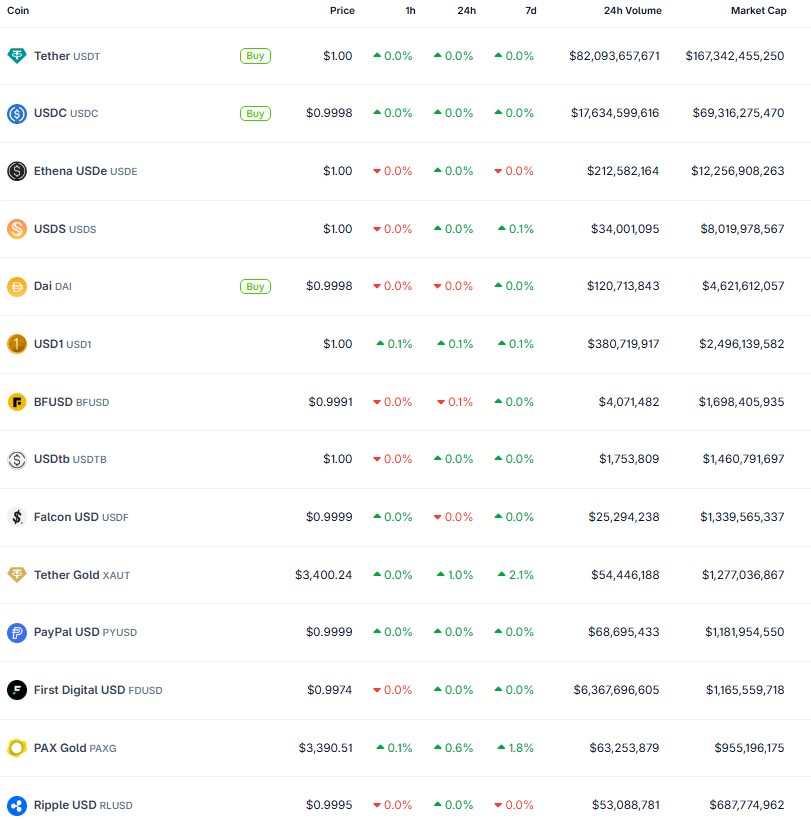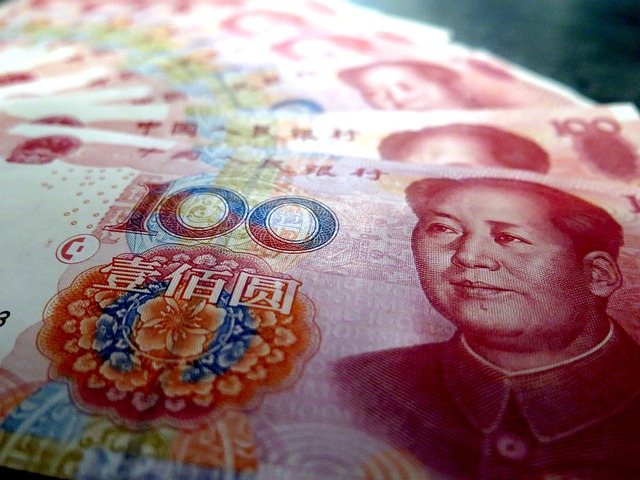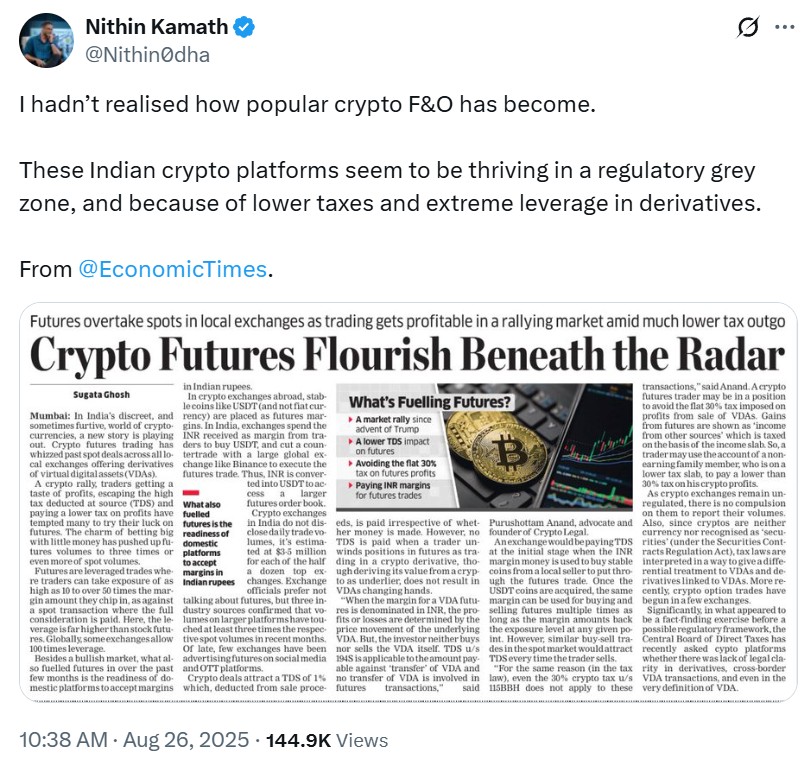Crypto crime syndicate allegedly behind BTS’s Jung-kook HYBE hack
A hacking syndicate accused of stealing 39 billion won ($28 million) by targeting wealthy corporate executives and celebrities — including BTS member Jeon Jung-kook — has been arrested by South Korean police.

A Seoul police unit said Thursday it had apprehended 18 suspects who allegedly hacked government agencies, public institutions and IT platforms to obtain personal and financial data from 258 victims, according to local media reports. The stolen information was then used to break into bank, securities and cryptocurrency exchange accounts.
Police said the group successfully stole 39 billion won from 16 victims and attempted to defraud another 25 billion won from 10 others, bringing total damages to 64 billion won. Among the victims were three celebrities and two corporate leaders from South Korea’s top 100 companies. The largest confirmed theft amounted to 21.3 billion won in crypto.
Jeon, a member of BTS — the boy band often cited as the most successful K-pop group in history — was named among the victims. Hackers allegedly attempted to liquidate 8.4 billion won worth of Jeon’s HYBE stock, the company behind BTS. The suspicious transactions were frozen before any actual losses occurred.
According to police, the syndicate prioritized wealthy individuals and focused on targets unlikely to notice unauthorized mobile activations, such as conglomerate chairmen in prison, celebrities or athletes serving mandatory military service and overseas cryptocurrency investors. Jeon himself had only recently completed his military service.
The alleged ringleaders, both Chinese nationals, were arrested in Thailand in May and extradited to South Korea last week to face fraud charges.
Ripple and Circle invest in Singapore cross-border payments firm
Singapore-based fintech firm Tazapay has closed its Series B funding round led by Peak XV Partners, with backing from Circle Ventures, Ripple and others.
The company did not disclose the size of the round and did not respond to Magazine’s request for comment.
Tazapay said in a press release that its annualized payment volume now exceeds $10 billion, growing at a pace of 300% year-over-year. Its infrastructure supports both virtual bank accounts and stablecoin payments.
Ripple and Circle each operate stablecoins — RLUSD and USDC, respectively — with USDC ranking as the world’s second-largest stablecoin by market capitalization.

Their investment in Tazapay comes amid intensifying competition in the global stablecoin market. Hong Kong recently implemented its own stablecoin regulatory framework, while US President Donald Trump signed the GENIUS Act in mid-July.
Both Ripple and Circle already hold a Digital Payment Token (DPT) license in Singapore, according to the Monetary Authority of Singapore’s financial institutions directory. Tazapay said it also intends to expand its licensing footprint in the city-state and apply for a DPT license.
RWAs, not stablecoins, ex-Bank of China VP says
China should not prioritize launching a renminbi stablecoin but instead accelerate legislation, bank participation and the tokenization of real-world assets (RWAs), former Bank of China vice president Wang Yongli wrote in a Thursday commentary for the China Economic Times. He argued this approach gives China the best chance to leapfrog rivals like the US in the digital financial race.
Wang claimed that once banks are allowed to connect directly with public blockchains, customers could move deposits into onchain tokens and redeem them without relying on private stablecoin issuers. He framed this bank and blockchain link as a more convenient and lower-cost channel than stablecoins.

His comments follow the passage of the US GENIUS Act just before Hong Kong’s Stablecoin Ordinance took effect. The US framework is widely seen as the start of how stablecoins will reshape international finance.
According to Wang, the law’s real significance is that it allows banks to connect directly with public blockchains, potentially sidelining issuers such as Tether and Circle. Wang added that the shift could accelerate tokenized RWA issuance, weaken SWIFT’s role in cross-border payments and even challenge CBDCs if commercial banks become the dominant fiat-to-crypto gateway.
His remarks also come amid rumors that China is considering greenlighting yuan-backed stablecoins. Experts told Cointelegraph such a move would most likely involve the offshore yuan (CNH) rather than the tightly controlled onshore yuan (CNY).
Meanwhile, Zhou Xiaochuan, former governor of the People’s Bank of China, cautioned in a July closed-door meeting that stablecoins pose risks to financial stability, Bloomberg reported. Zhou argued they offer little cost advantage over China’s already highly efficient retail payment system, echoing Wang’s view that banks are better positioned to manage digital finance than stablecoin issuers.
High tax pushes indian crypto traders to the futures market
India’s steep crypto taxes are reportedly driving investors away from the spot market and into futures trading.
Futures volumes on major local exchanges have climbed to more than three times spot activity in recent months, as traders look to avoid the 1% tax deducted at source (TDS) on every sale and the flat 30% levy on gains from spot transactions, according to three industry sources cited by the Economic Times.

Futures contracts, which let traders make leveraged bets, have become a popular alternative. Unlike spot trades, futures do not involve the actual transfer of digital assets, allowing investors to sidestep the TDS requirement.
India’s tax authorities sent questionnaires to crypto platforms last week to assess whether the country’s stringent rules are prompting trading activity and businesses to move offshore.


Yohan Yun
Jed McCaleb’s XRP bag is almost gone, Ethereum’s difficulty bomb delayed, and FTX inks deal with BlockFi: Hodler’s Digest, June 26-July 2
The best (and worst) quotes, adoption and regulation highlights, leading coins, predictions and much more — one week on Cointelegraph in one link!
Read moreChina threatened by US stablecoins, G7 urged to tackle Lazarus Group: Asia Express
Thailand sees 44% fall in Chinese tourists after crypto scam backlash, Japan to urge G7 to tackle North Korean crypto hackers. Asia Express.
Read moreCrypto gaming’s mainstream moment hinges on CLARITY Act: Web3 Gamer


